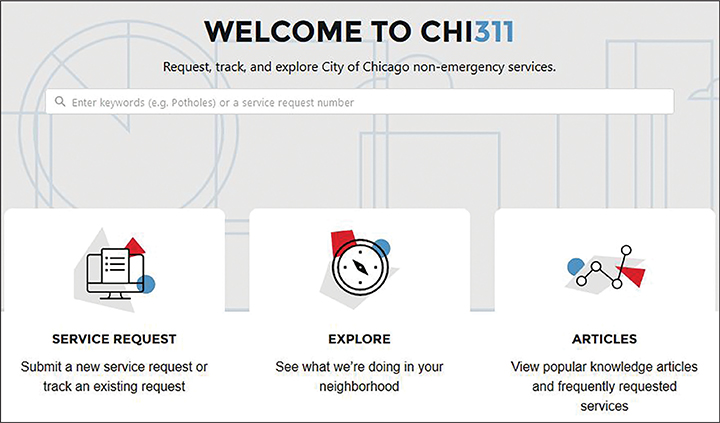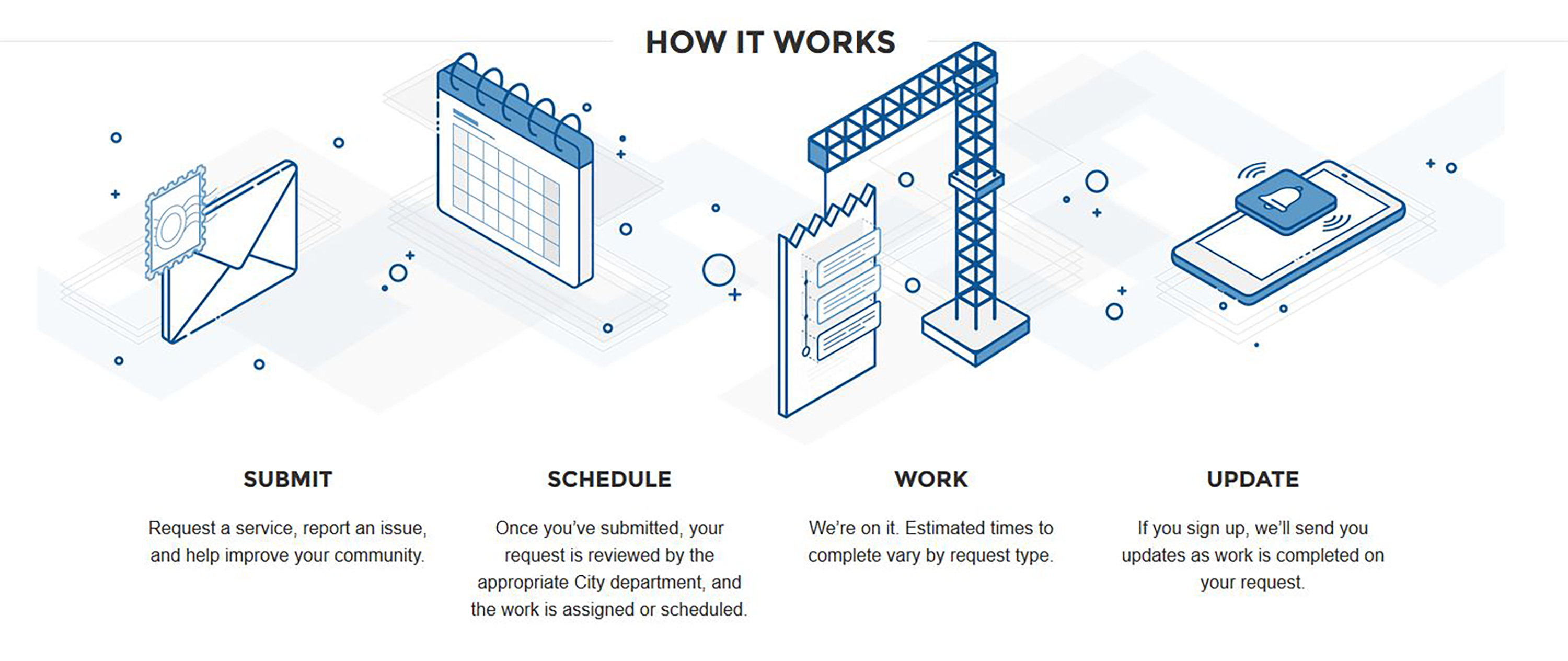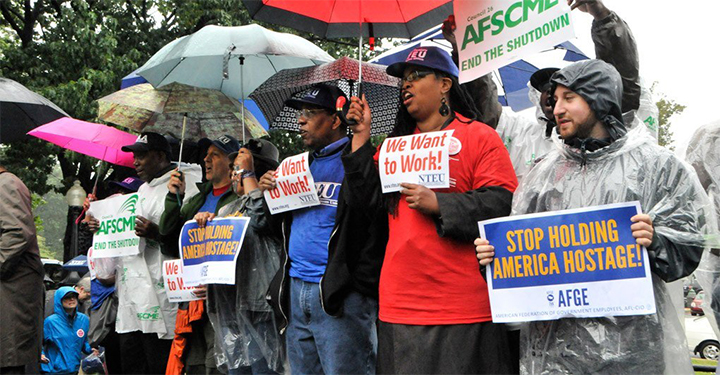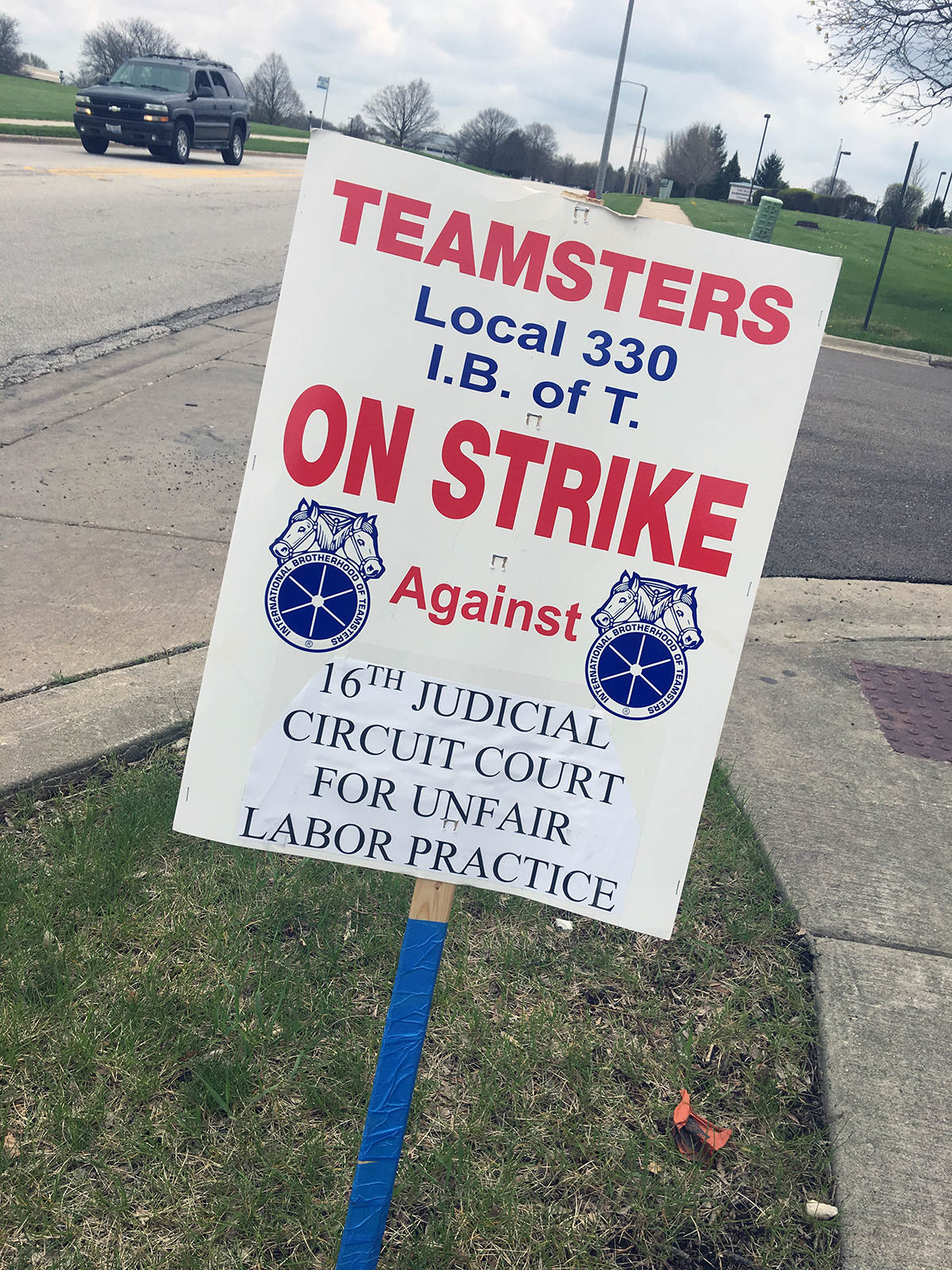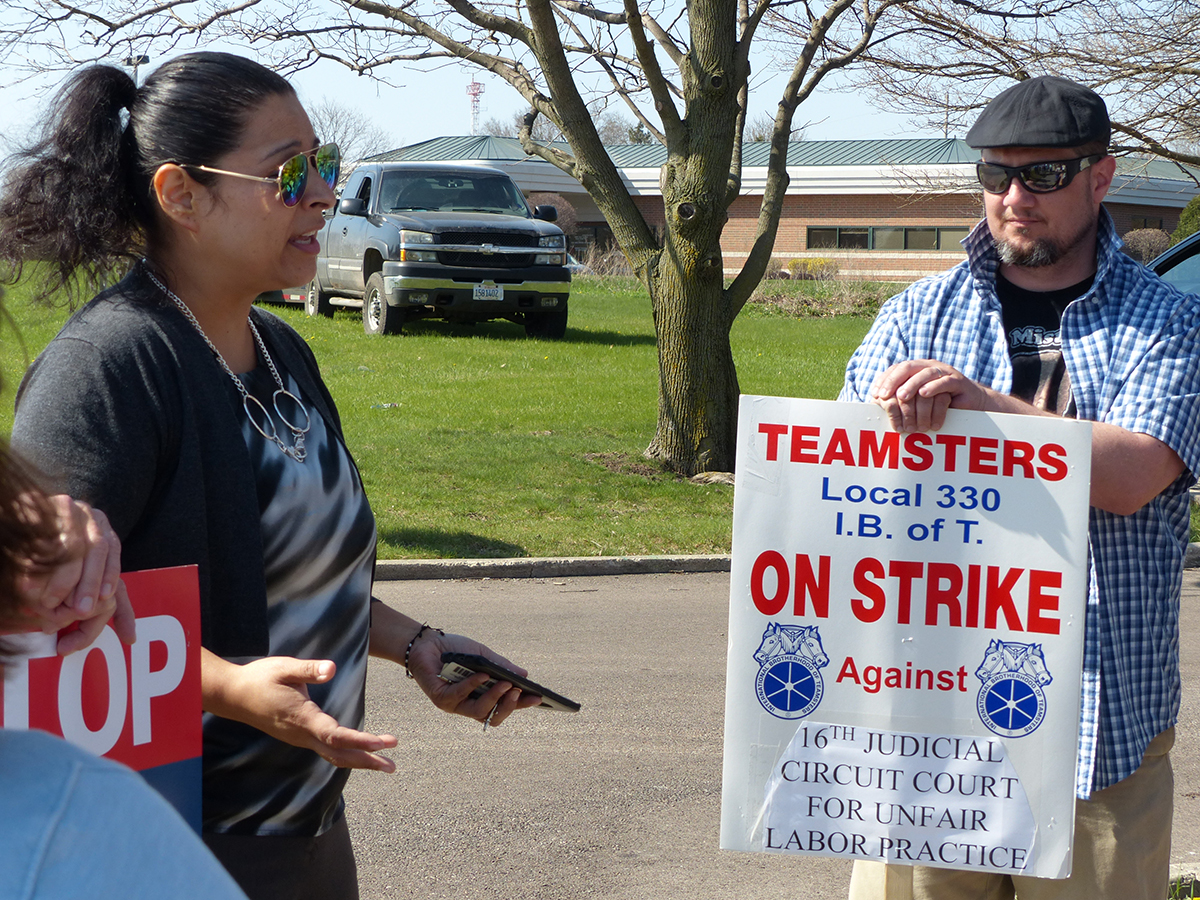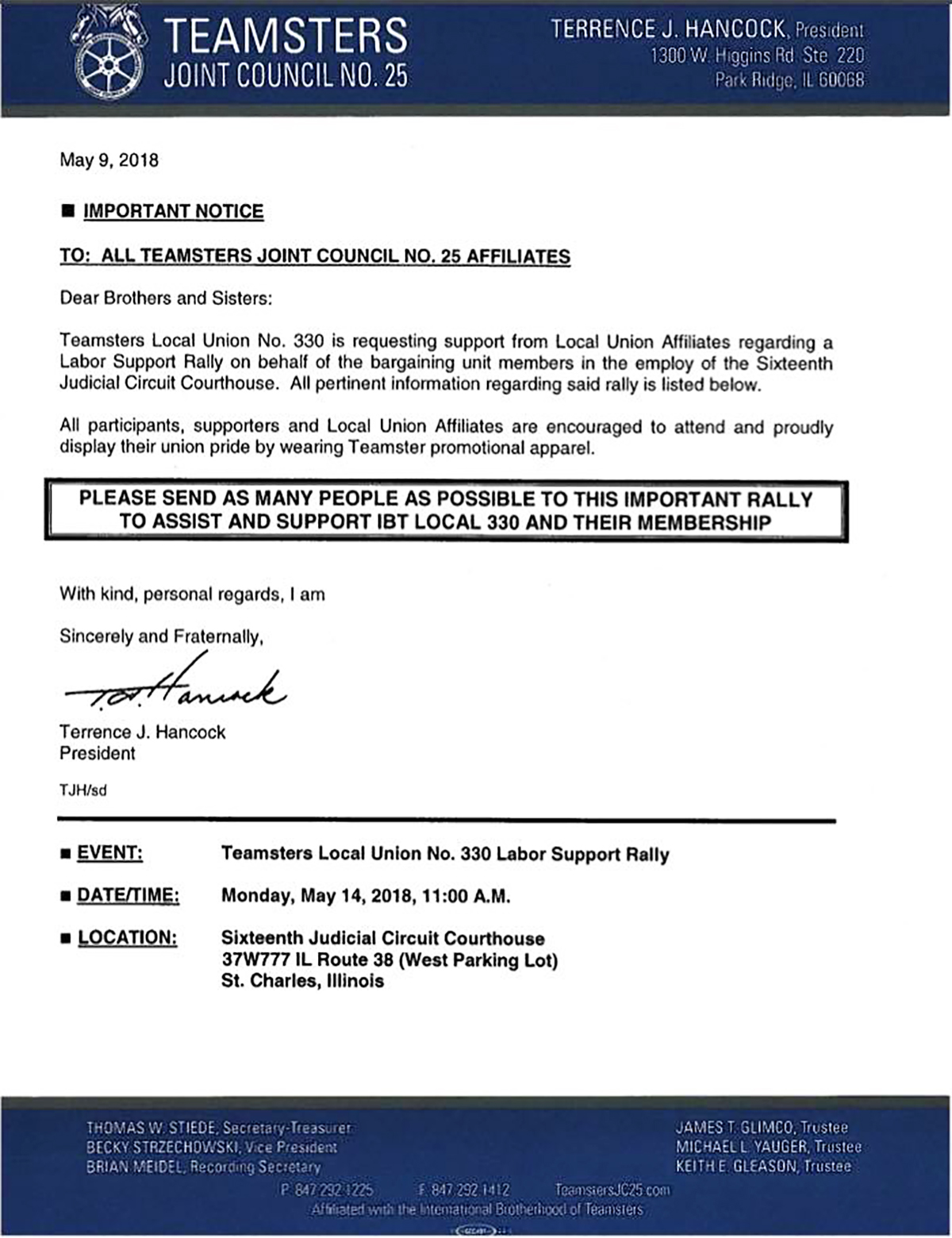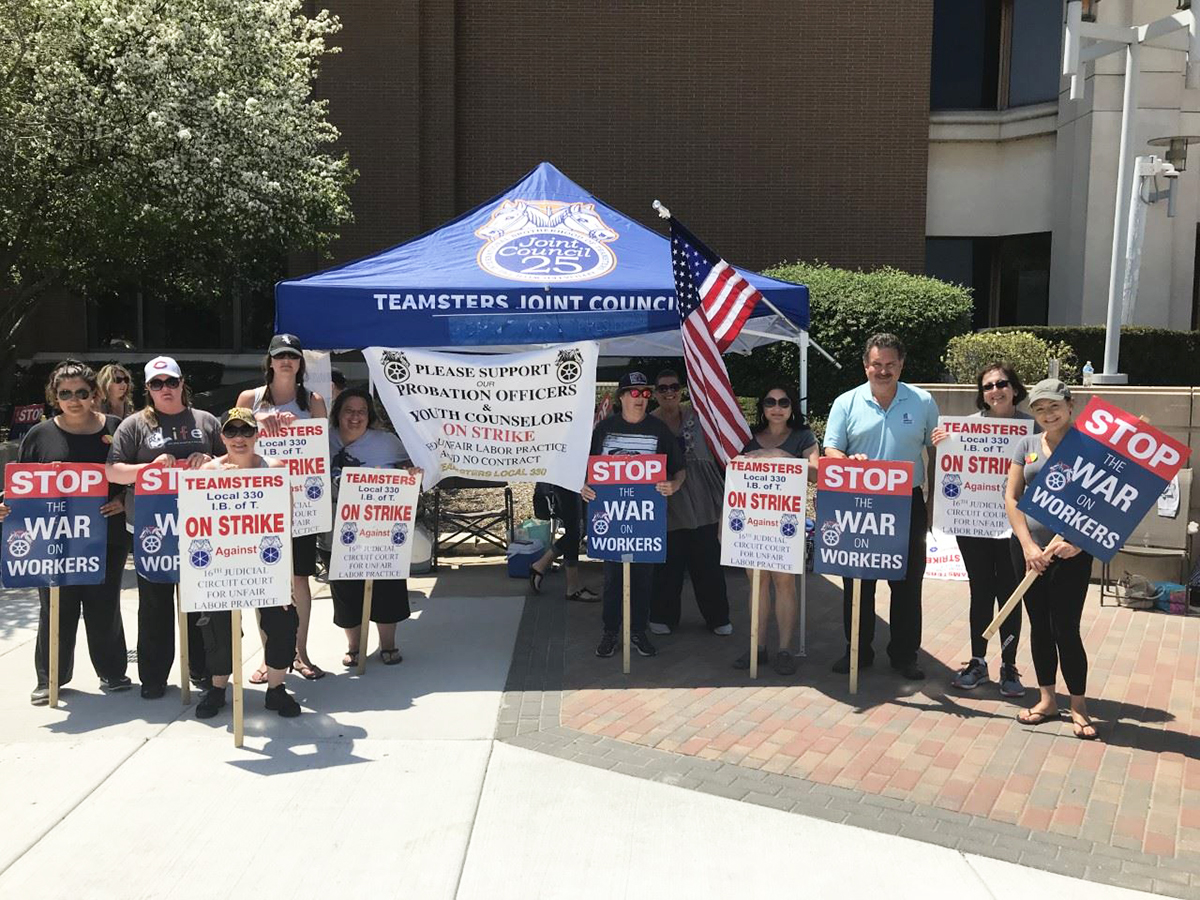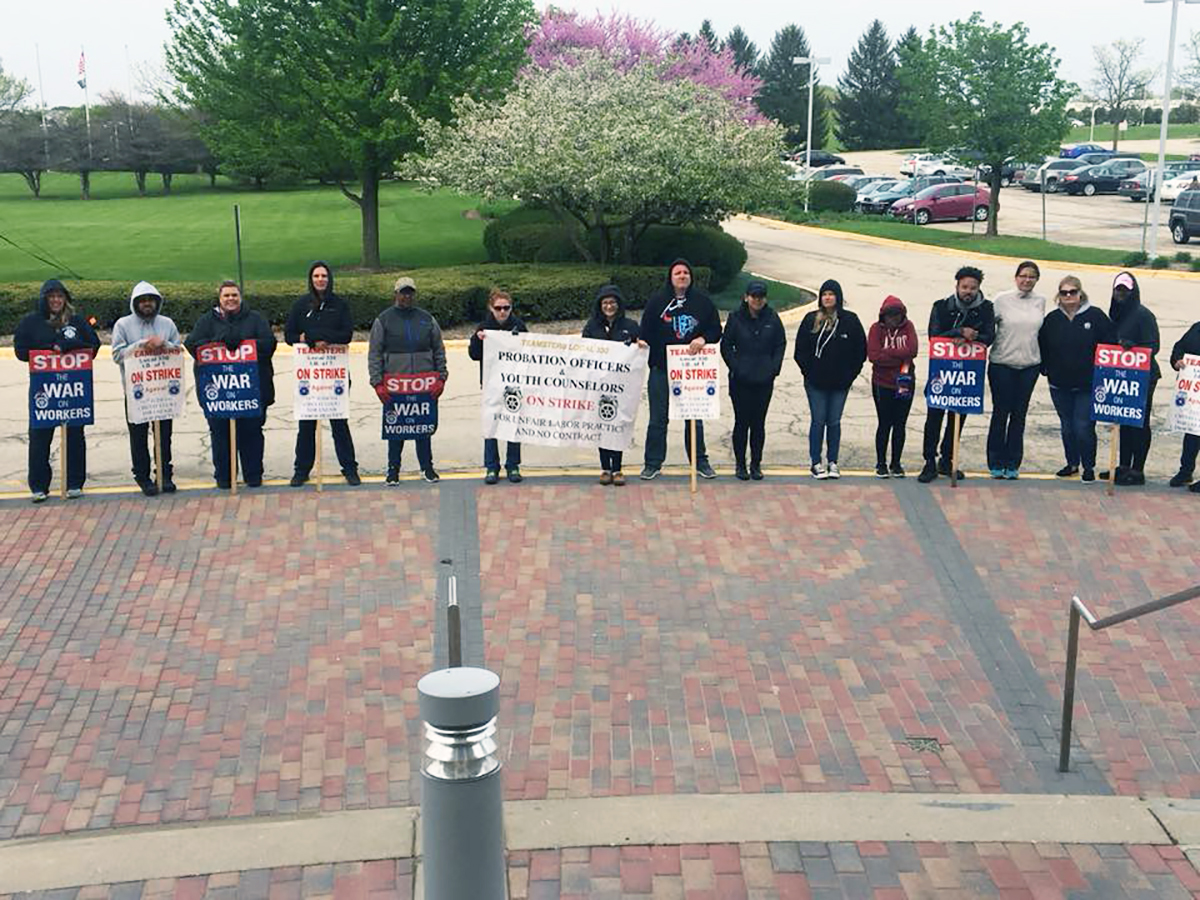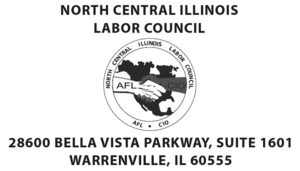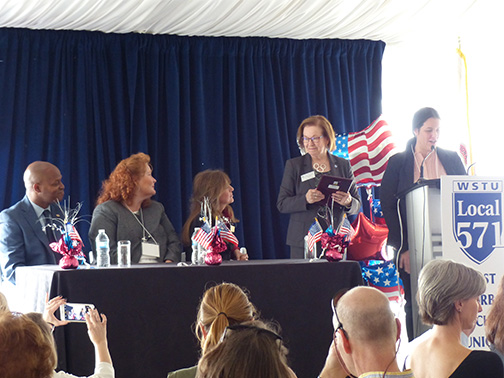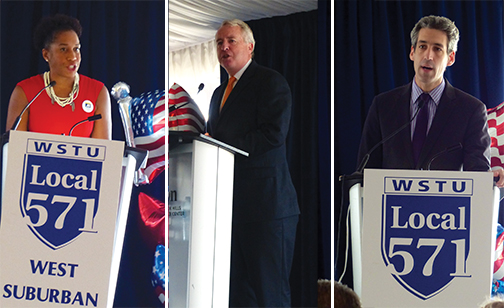Collective bargaining agreements (CBAs) are powerful tools in shaping and defining employee rights within a workplace. Negotiated between employers and labor unions, these agreements establish the terms and conditions of employment, including wages, working hours, benefits, and grievance procedures. For employees, understanding how CBAs influence their rights is key to leveraging the protections they provide.
What is a Collective Bargaining Agreement?
A collective bargaining agreement is a legally binding contract that outlines the relationship between the employer and the union representing employees. CBAs typically include:
- Wages and Benefits: Clear guidelines on pay scales, overtime, bonuses, and benefits like health insurance and retirement plans.
- Working Conditions: Provisions for safety standards, schedules, and breaks.
- Job Security: Terms on layoffs, seniority rights, and disciplinary actions.
- Dispute Resolution: Grievance procedures to address conflicts or violations of the agreement.
These agreements are tailored to the specific needs of the workforce and serve as a layer of protection beyond state and federal employment laws.
How CBAs Enhance Employee Rights
- Guaranteed Protections: CBAs often guarantee better benefits and working conditions than non-unionized workplaces, creating higher standards for employees.
- Grievance Processes: Employees under a CBA have a structured process for resolving disputes, which can provide a faster resolution compared to litigation.
- Representation: Union representation ensures that employees have a collective voice in negotiations and during disputes with employers.
Interaction Between CBAs and Employment Laws
While CBAs provide extensive protections, they work in conjunction with state and federal employment laws. For example, employees covered under a CBA still retain the right to file discrimination claims under laws like Title VII of the Civil Rights Act or state laws.
In Illinois, the timeframe to file a discrimination claim is critical to observe. Employees must file a charge with the Illinois Department of Human Rights (IDHR) within 300 days of the alleged incident. This deadline remains enforceable regardless of whether a CBA is in place, so it’s essential for employees to act promptly if they suspect workplace discrimination.
Challenges and Limitations
Although CBAs provide many benefits, they also come with challenges:
- Limited Scope: Some issues, such as harassment or discrimination, may fall outside the CBA and require external legal action.
- Union Representation: Employees may feel constrained by the union’s priorities, which might not always align with individual concerns.
- Enforcement: Disputes over the interpretation or application of a CBA can lead to arbitration or lengthy negotiations.
Collective bargaining agreements are vital tools in empowering employees and creating fair workplace practices. They go beyond standard employment laws to provide tailored protections that benefit the workforce. However, employees must also remain vigilant about their rights under state and federal laws, such as observing the timeframe to file a discrimination claim in Illinois.
By understanding the interplay between CBAs and broader legal protections, employees can ensure their rights are upheld while contributing to a more equitable workplace. If disputes arise, seeking guidance from an employment lawyer or union representative can help navigate the complexities of these agreements.




